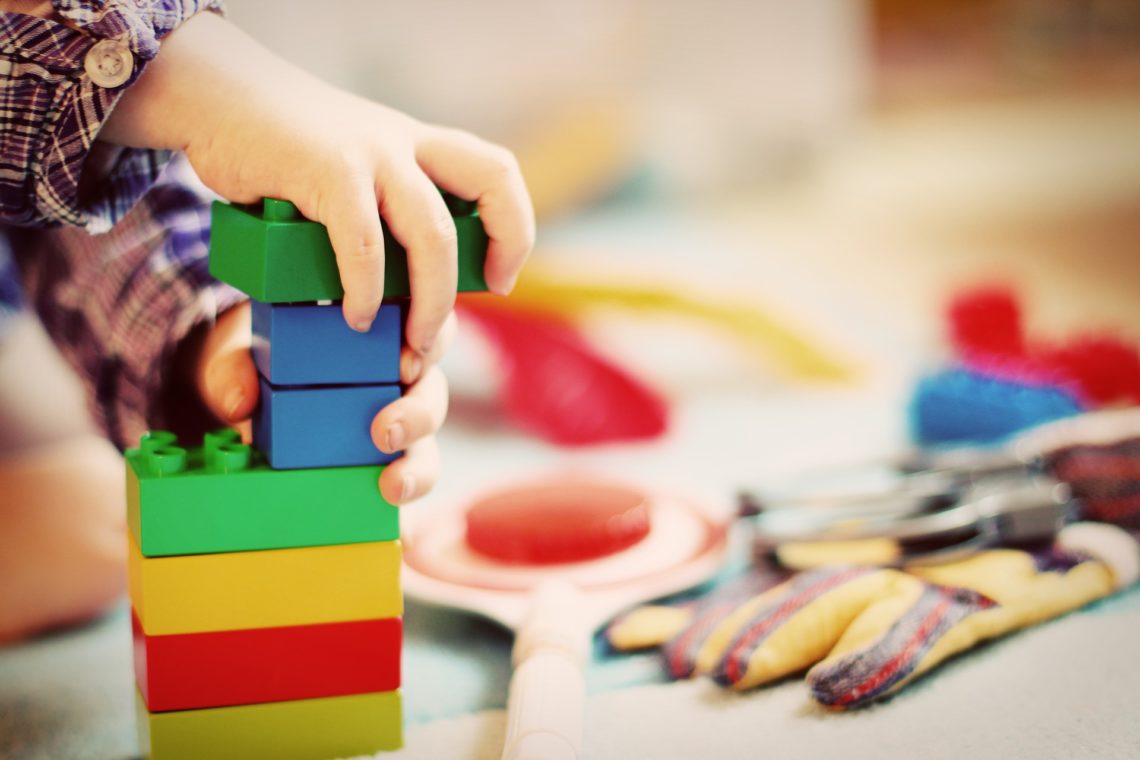Children are referred for a psychological assessment for many reasons. They may have attention or behavior problems at home or in school, be subjected to bullying, be depressed or anxious, or have a learning disorder. Often when kids are struggling in school or seem to be behind their peers developmentally, a counselor or teacher will suggest the child undergo a psychological assessment.
The findings from this type of evaluation will let us know where the child excels and which areas he or she might need to address (for example: an undiagnosed learning disability). Dr. Ryan Seidman, the Clinical Director at our Children’s Center notes that, “Having your child evaluated can promote improvement in academic and emotional functioning.”
Who Performs a Psychological Assessment?
Psychological assessments are done by highly trained child psychologists who are specialists in their fields. These mental health professionals evaluate the child’s strengths and weaknesses, then work with parents and teachers to come up with an approach that will help the child progress.How is a Child Psychology Test Done?
These assessments aren’t like “actual” tests can be and they aren’t something the child can study for. In fact, it is best if the child is relaxed during the evaluation, so the assessment isn’t a “pass or fail” test. During a psychological assessment, the psychologist will:- Talk with the child (and later with their parents) to learn more about their behaviors and emotional skills. They will also look at the child’s neurological functioning in areas such as spatial processing. In some cases, they may also talk to the child’s teachers or others who know the child well.
- Observe the child during the evaluation. Depending on the reason for the assessment, the child psychologist may also visit the child at home or at school to further gauge their interactions with others.
- Have the child complete a standardized test. These tests have been taken by many different people and will allow the psychologist to compare your child’s results with those of others in order to evaluate a range of abilities. The psychologists want to know how the child functions in areas such as movement (dexterity) or behavior and in subjects like reading, writing and math.
- May review school records, medical records, or test interview or the child’s parents or teachers in order to learn more about the child.
The Results of a Psychological Assessment
When the testing is complete, the child psychologist will go over the results with the child’s parents. Keep in mind that the outcomes do not reveal everything about a child’s potential, abilities or skills. Rather, the evaluation is used as a way to learn about their “present functioning level” emotionally, in their school and home environments, how they learn, and their strengths and weaknesses. The child psychologist will discuss areas in which the child does well and offer suggestions to help them improve in areas that need to be addressed. If the child is diagnosed with a learning disability, or a behavioral or emotional issue, recommendations will be made for ways to help the child manage that specific concern or problem. By evaluating and understanding where the child has issues, child psychologists can provide positive coping strategies, reduce the child’s stress and enrich their competence and well being.Learn More about Children’s Psychological Assessment
For more information about how our child psychologists can help your child with a psychological assessment, contact The Center for Treatment of Anxiety and Mood Disorders in Delray Beach, Florida or call us today at 561-496-1094.Dr. Andrew Rosen
Dr. Andrew Rosen PHD, ABPP, FAACP is a Board-Certified Psychologist and the Founder and Director of The Center for Treatment of Anxiety and Mood Disorders, as well as, the Founder of The Children’s Center for Psychiatry Psychology and Related Services.





